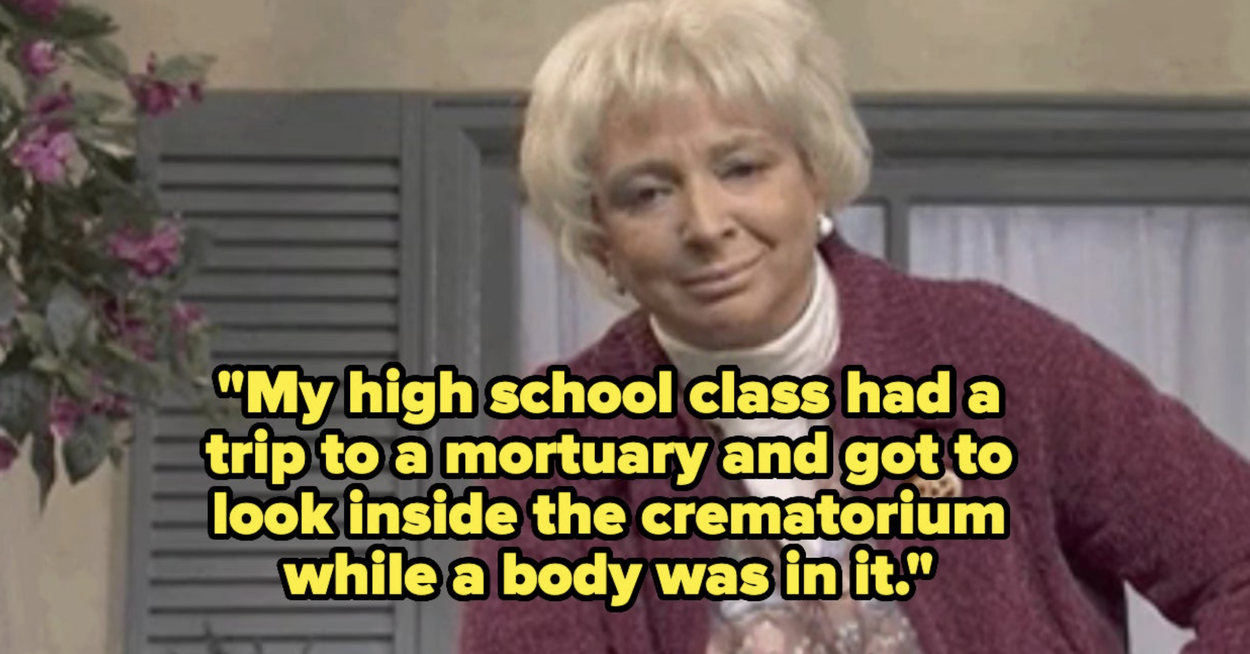This month, Democrats are, once again, trying to resurrect parts of the Build Back Better Act after the broader package imploded last year. Thus far, they’ve reached an agreement on a proposal aimed at lowering prescription drug costs, but are still working through more contentious climate and tax policies.
Lawmakers officially submitted the prescription drugs plan to the Senate parliamentarian for review last week, and are poised to unveil additional pieces of the bill in the coming days. Recently, they inked a deal on a tax proposal that would apply an additional tax to the income high earners bring in from pass-through businesses. They’re still discussing other potential changes to tax and climate policy, however, including whether to alter corporate taxation rules, and how to levy fees on methane producers.
This still-nascent package is Democrats’ latest attempt at advancing a bill via the budget reconciliation process, which enables policies that affect taxes and spending to pass with 51 votes in the Senate, rather than the 60 needed if a bill is filibustered under normal rules. Democrats hope to use this approach to approve more ambitious policies on prescription drugs, taxes, and climate than they’d be able to if they needed Republican support.
Up until this point, Democrats’ biggest obstacle has been disagreement within their own caucus, including Sens. Joe Manchin (D-WV) and Kyrsten Sinema’s (D-AZ) opposition to previous versions of Build Back Better. This time around, Senate Majority Leader Chuck Schumer has been negotiating directly with Manchin on key provisions, though it’s not yet clear where Sinema stands on some of the remaining issues.
As the midterms approach, Democrats are scrambling to vote on this streamlined version of Build Back Better as soon as the end of July in order to show voters that they can get results, and to capitalize on their House and Senate majorities while they still can. If the party loses either chamber in November’s elections, passing new climate and social spending through reconciliation will be all but impossible.
What Democrats have agreed on so far
Thus far, Democrats are aligned on their prescription drugs plan, one tax proposal and not much else.
The drug provisions could be significant, though they are narrower than what Democratic lawmakers were considering last year — the plan doesn’t include proposals some in the party were fighting for, like a $35 per month cap on insulin costs.
Here are the provisions that Democrats agree on so far:
Prescription drugs plan
- Allowing Medicare to negotiate drug prices: Medicare has historically been barred from negotiating on most prescription drug prices, meaning it pays drug prices set by the market. This bill would change that. In doing so, it could mean drastic price reductions on specific drugs for people covered by Medicare, since the government has huge buying and negotiating power.
The savings would not apply to people covered by private insurance, however, Reuters reports. The legislation guarantees that Medicare can begin negotiations in 2023, starting with 10 drugs, which will be chosen by the Department of Health and Human Services.
- Capping out-of-pocket drug costs for Medicare recipients: The legislation would cap annual out-of-pocket drug costs for Medicare recipients at $2,000. After that, Medicare would pay for additional expenses. It would be a major change since there is currently no cap, meaning people sometimes spend thousands more for a single drug.
- Requiring rebates for price hikes: If pharmaceutical companies raise the costs of a drug at a rate faster than the rate of inflation, they would be forced to refund the difference to people paying for the drug. This tenet is intended to check companies that try to make exorbitant annual increases on a drug.
- Expanding prescription drug subsidies for low-income seniors: Currently, seniors who are at or below 150 percent of the federal poverty line are able to receive a partial subsidy for their prescription drugs. The legislation would enable them to receive a larger subsidy for these expenses.
- Making vaccines free for seniors: The legislation would make all vaccines free for seniors, a notable change in coverage. Currently, Medicare covers some vaccines, like the flu shot, but not all immunizations are included.
Tax plan
- Income tax for pass-through businesses: Democrats are still negotiating which tax proposals will make it into the final draft of the legislation. But they have agreed on one, which would levy a 3.8 percent tax on income people make via a pass-through business, if they’re bringing in more than $400,000 a year.
Most businesses in the US are pass-through businesses — firms that don’t pay a corporate income tax, and instead have their profits taxed as part of the personal income taxes that the owners pay. These firms include independent contractors, small businesses, and larger companies as well. This tax is estimated to raise roughly $200 billion over 10 years, NBC News reports, and that revenue would help address the solvency of Medicare.
Democrats are trying to do what they can before the midterms
Although Democrats’ electoral chances in the Senate are looking better than they are in the House, it’s possible the party loses control of one or both chambers of Congress following the November midterms. With the elections fast approaching, Democrats are rushing to capitalize on their existing majorities in case they are no longer able to pass legislation next year.
This reconciliation bill could be the party’s last major chance to approve new prescription drugs, climate, and tax policy — all of which would be far less likely to advance if Republicans retake just one chamber of Congress. If they are able to make quick progress in the coming weeks, it’s possible that Democrats could hold a vote on the reconciliation by the end of July, though Manchin has expressed uncertainty about this timeline.
Republicans are also pushing back on these efforts: Senate Minority Leader Mitch McConnell has threatened to pull support on the US Innovation and Competition Act, a bipartisan bill aimed at investing in the US’s supply chain, unless Democrats abandon reconciliation. Democrats have responded by claiming McConnell is trying to deter the reconciliation bill in order to protect pharmaceutical companies.
To successfully pass a reconciliation bill, Senate Democrats will need all 50 members of their caucus on board with the legislation, as well as approval from the parliamentarian — who can advise against including provisions if they aren’t seen as sufficiently related to taxing and spending. House Democrats, many of whom have pushed for a more ambitious bill in the past, would need to vote in favor as well. Recent comments from House Speaker Nancy Pelosi suggest that some lawmakers would be open to a smaller bill if it meant getting part of the package done.
For now, the submission of the current proposals to the parliamentarian indicates that Democrats are intent on making progress, even as other provisions have yet to be finalized.
Update, July 11, 3:40 pm: The story has been updated to include new information on the proposal to tax income from pass-through businesses.
https://www.cupbord.com/democrats-are-resurrecting-build-back-better-by-focusing-on-prescription-drug-prices/










Leave a Reply